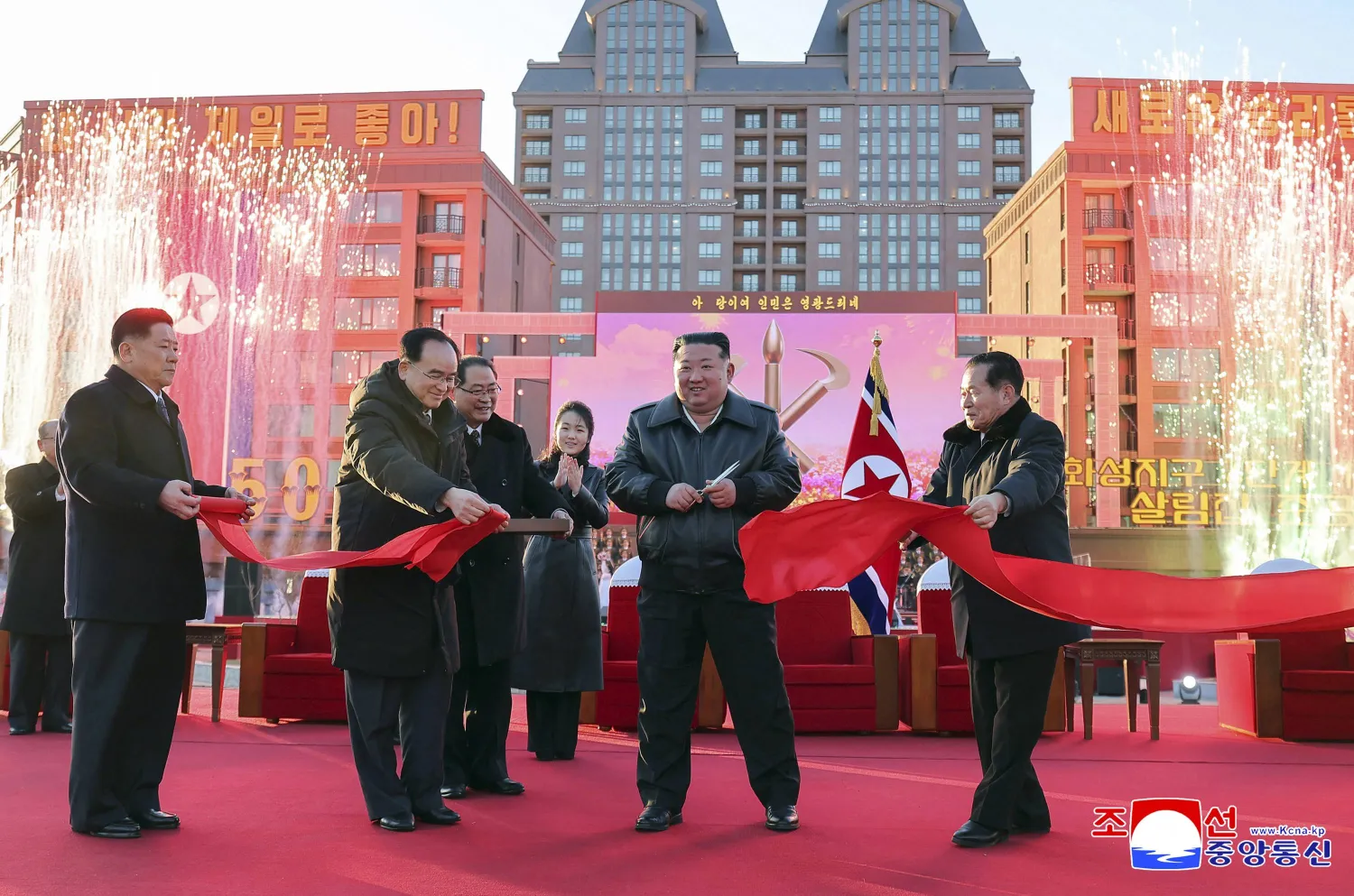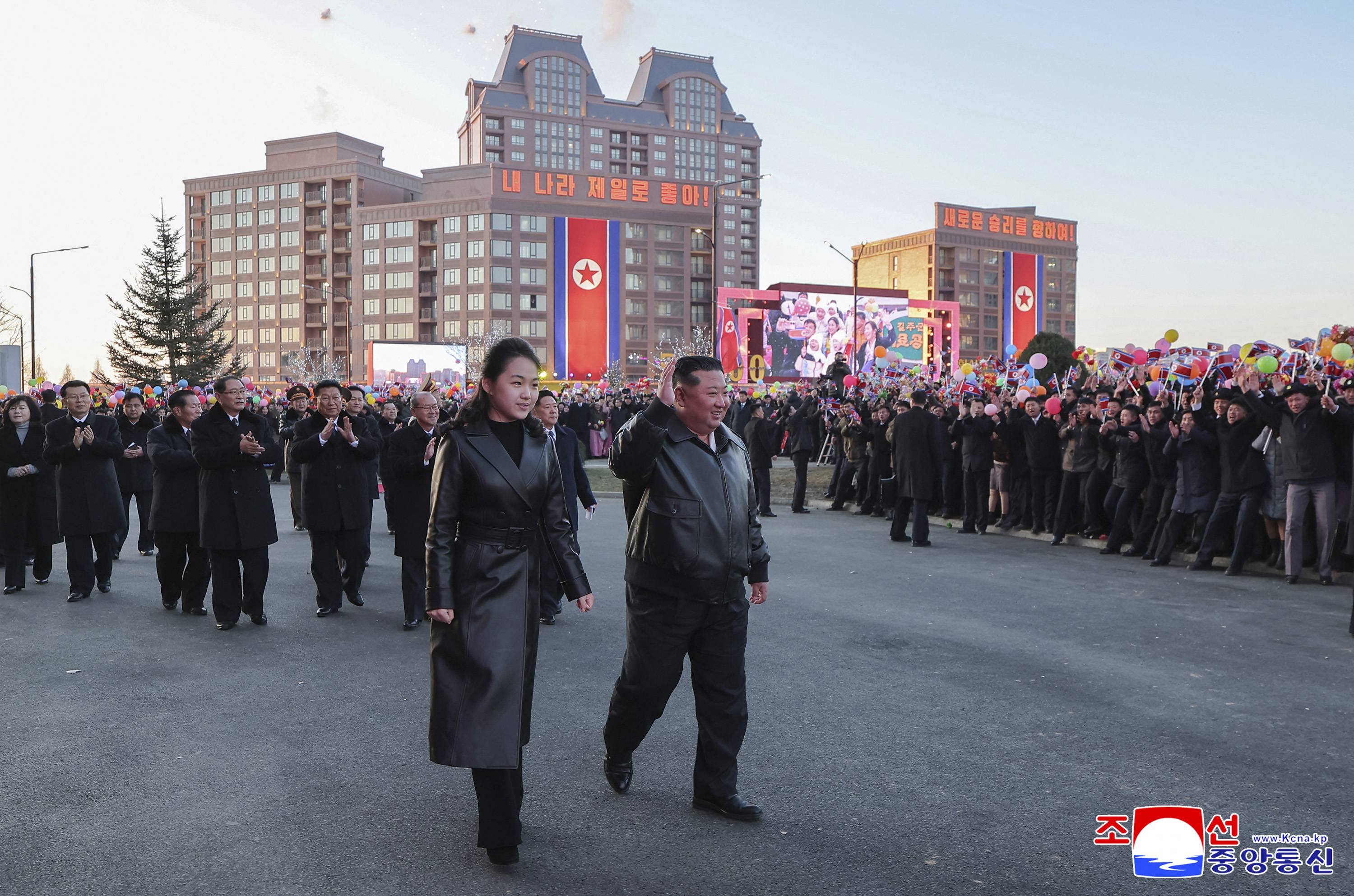China’s leader Xi Jinping has called for “more quickly elevating the armed forces to world-class standards,” in a speech days after he warned the country was threatened by a US-led campaign of “containment, encirclement and suppression of China.”
China must maximize its “national strategic capabilities” in a bid to “systematically upgrade the country’s overall strength to cope with strategic risks, safeguard strategic interests and realize strategic objectives,” Xi said Wednesday according to The Associated Press.
His remarks to delegates in the ceremonial parliament representing the People's Liberation Army, the military wing of the ruling Communist Party, and the paramilitary People's Armed Police, were carried by the official Xinhua News Agency.
Xi made a series of calls to accelerate the build-up of self-reliance in science and technology, bolster strategic capabilities in emergency fields, make industrial and supply chains more resilient and make national reserves “more capable of safeguarding national security.”
The program laid out by Xi dovetails with a number of national strategies already underway, including the “Made in China 2025” campaign to make China dominant in 10 key fields from integrated circuits to aerospace, and a decades-old campaign for civilian-military integration in the economy.
Xi also mentioned the need for “achieving the goals for the centenary of the PLA in 2027,” a date by which, according to some US observers, China intends to have the capability of conquering self-governing Taiwan, an American ally, by military means.
China has defined the centenary goals in mostly vague terms, such as greater "informatization" and raising the PLA to “world-class standards."
China needs to build “a strong system of strategic deterrent forces, raise the presence of combat forces in new domains and of new qualities, and deeply promote combat-oriented military training,” according to a speech Xi gave last year.
China’s defense budget has roughly doubled over the past decade, allowing it to maintain the world’s largest standing military, with 2 million members, the world’s largest navy by number of ships, and the largest missile and aviation forces in the Indo-Pacific.
His most recent comment came after a speech Monday to delegates attending the annual session of the rubber-stamp National People's Congress, that indicated Chinese frustration with US restrictions on access to technology and its support for Taiwan and regional military blocs in unusually blunt terms.
“Western countries led by the United States have implemented all-round containment, encirclement and suppression of China, which has brought unprecedented grave challenges to our nation’s development,” Xi was quoted as saying by the official Xinhua News Agency.
A State Department spokesperson, Ned Price, responded by saying Washington wants to “coexist responsibly” within the global trade and political system and has no intention of suppressing China.
“This is not about containing China. This is not about suppressing China. This is not about holding China back,” Price said in Washington. “We want to have that constructive competition that is fair” and “doesn’t veer into that conflict.”










